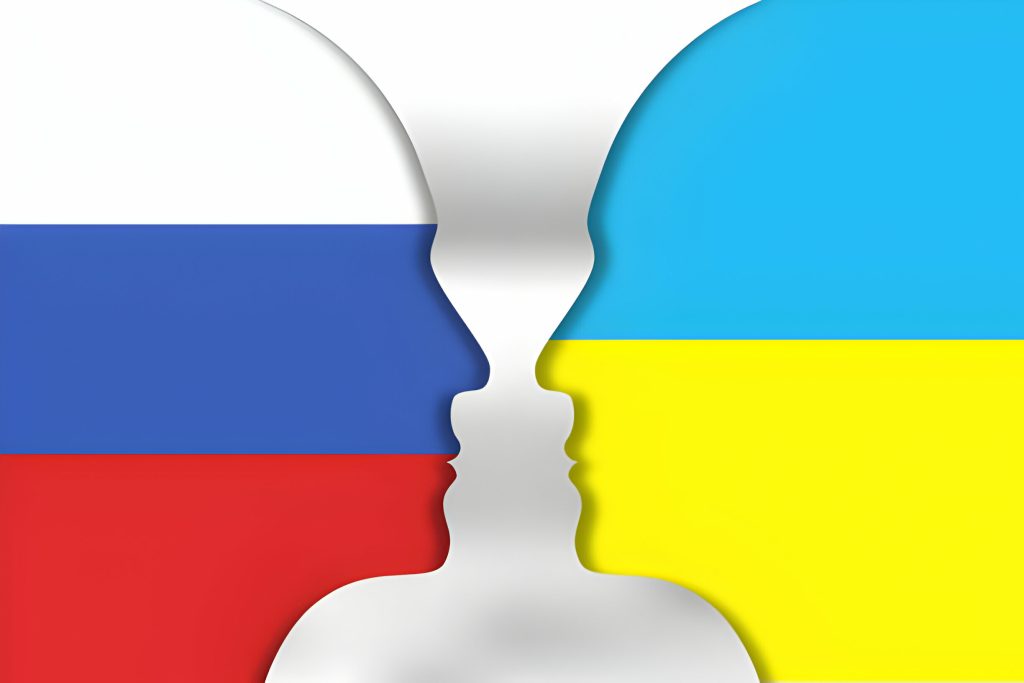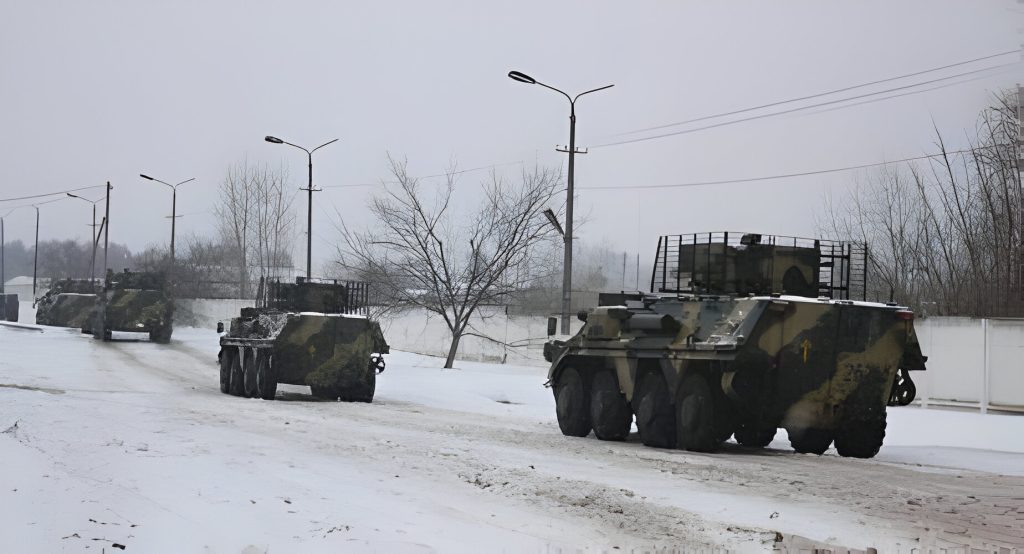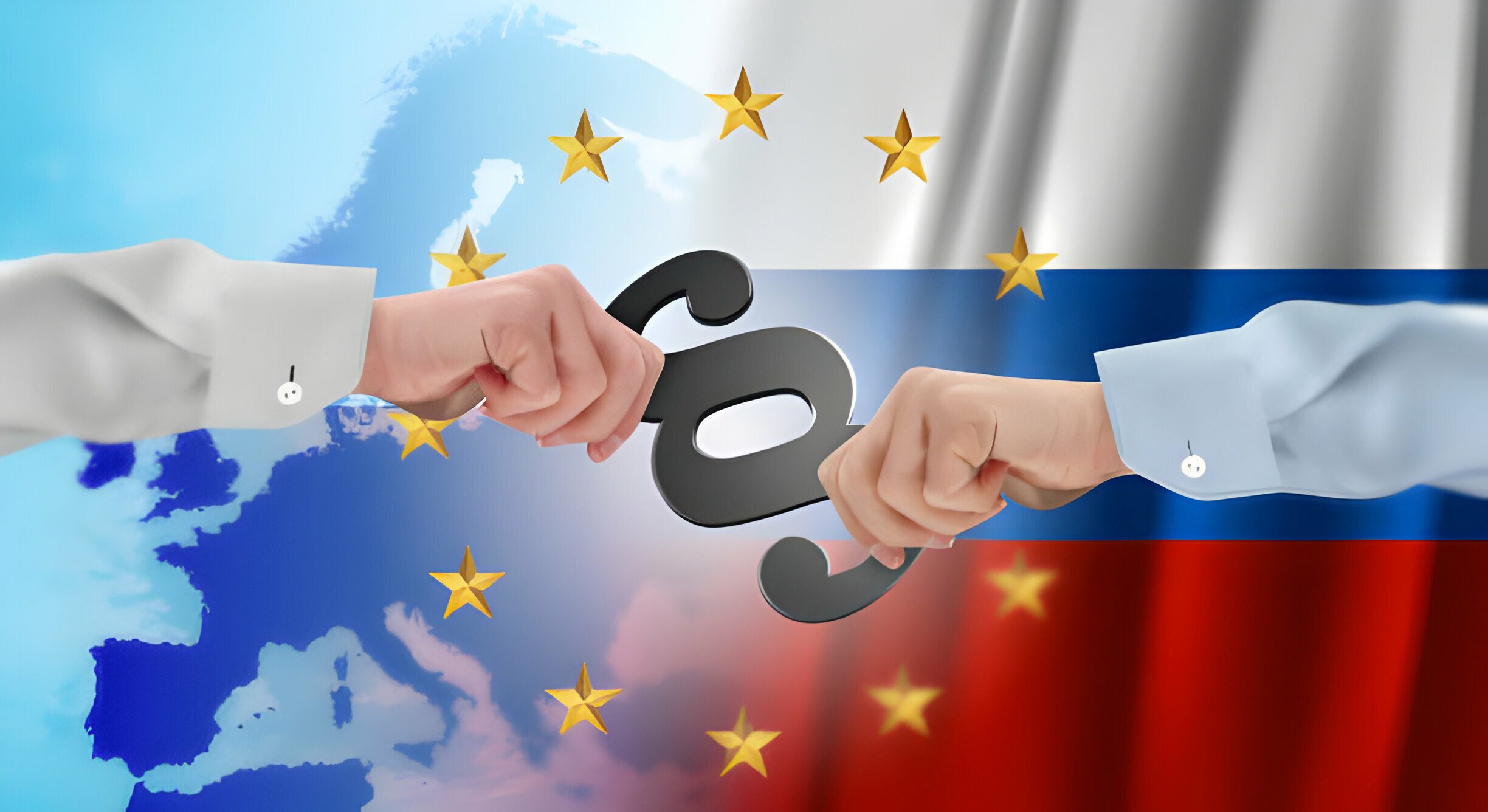Why Russians are so Rude often stems from cultural differences in communication styles. Russians are typically straightforward, which can be misconstrued as impoliteness. And Why are Russians So Rude?
The question of why Russians are considered rude by some has sparked plenty of debate. Culturally, Russians have a direct way of speaking, which lacks the pleasantries that many Western cultures are accustomed to. This directness, often mistaken for rudeness, is simply a cultural norm where straightforwardness is valued over small talk.
Russian people also value personal space and may not smile or engage in casual conversation with strangers, which can be interpreted as cold or dismissive behavior. It is essential to look beyond these communication nuances to understand the Russian approach to interaction, which is steeped in tradition and practicality. Recognizing these cultural differences can clarify why their social conduct may sometimes appear rude to outsiders.
Cultural Misconceptions
Cultural misconceptions often shape how we view the behaviors of people from different societies. The way Russians interact may seem rude to some. But it’s essential to dig into the roots of Russian social norms to understand the whole picture. Let’s explore the reasons behind what might be perceived as rudeness.
Perceptions of Rudeness
Perceptions Of Rudeness

In Russia, social etiquette differs significantly from what many are used to. Expressing emotions publicly is rare. A Russian’s direct way of speaking may come off as blunt to outsiders. This brevity is often mistaken for rudeness, which is a cultural norm.
This directness extends to services like dining. Wait staff may not smile or engage in small talk, not because they are rude, but because they are efficient. They respect diners’ privacy and time.
Contrast with Western Etiquette
Contrast With Western Etiquette
In Western cultures, politeness often involves friendliness and open body language. Compared to this, Russian straightforwardness can appear cold. What is considered polite in one culture can be quite different in another. It is crucial to recognize these differences to avoid misunderstandings.
- Greetings> A firm handshake, direct eye contact.
- Business> Serious demeanor suggests professionalism.
- Public Spaces> Less emphasis on constant politeness rituals.
Understanding these contrasts helps bridge the cultural gap and dispel the myth of rudeness. Being straightforward is valued in Russian culture as a sign of respect and sincerity.
Communication Styles
Exploring the diverse factors of Russian communication unravels the myth of rudeness. Cultural norms shape interpersonal interaction. This section delves into the specifics.
Direct Communication Russian Style
Direct communication is a hallmark of the Russian communication style, characterized by a straightforward and often blunt approach to expressing thoughts and opinions. Russians value honesty and clarity in communication, often preferring directness over diplomacy or euphemism.
This directness can sometimes come across as rude or abrasive to those from cultures that prioritize politeness and indirectness. However, in Russian culture, it is seen as a sign of sincerity and respect to communicate openly and honestly, even if it means being blunt at times.
This direct communication style fosters efficiency and clarity in interactions but can lead to misunderstandings or offense if not understood within its cultural context.
Directness And Honesty And Why are Russians So Rude?
Russians value straightforward talk. Words reflect thoughts with clarity. No sugarcoating. This style often needs to be clarified for outsiders. Being direct is a sign of respect in Russia. It ensures everyone knows where they stand.
- Clear intentions are preferred.
- Avoiding misunderstandings is critical.
- Efficiency in conversation is expected.
Body Language And Expressions
Non-verbal cues hold meaning. Facial expressions can seem stern to foreigners. Smiling is not a constant social norm. It’s reserved for genuine warmth and friendship. Body language tends to be dedicated, and personal space is respected.
Expression Perceived by Outsiders’ Actual Meaning
Firm handshake Aggressive Respectful greeting
Direct eye contact is a Confrontational Sign of honesty
Sparse smiling Unfriendly Sincere emotion
Social Norms In Russia
The ‘Social Norms in Russia’ often paint a different social canvas than many outsiders expect. You must understand these norms to grasp why Russians might appear brusque. Let’s delve into the nuances of Russian social expectations. View the home page link.
Reserve In Public Spaces
In Russia, public demeanor is typically reserved. Smiling or small talk with strangers is not the norm. This stoic public face is often mistaken for rudeness. It’s a cultural approach to privacy and space. People respect your bubble and expect the same in return.
Friendship And Hospitality
Contrast the public reserve with the warmth found in Russian homes. Once you’re considered a friend, expect overwhelming generosity and hospitality. The cultural barrier breaks once a relationship is established. A true Russian friendship is strong, trustworthy, and warm. Their hospitality is famed, with tables ladened with food and the best china set out.
- Russians value deep, meaningful connections over superficial interactions.
- Invitations to a Russian home are indicative of genuine friendship.
- Expect to be treated with utmost respect and generosity in these settings.
Historical Perspectives And Why Are Russians So Rude?
Historical perspectives shine a light on national behaviors. Let’s explore the roots of the Russian demeanor by delving into the past, from the Soviet era to the post-Soviet evolution of culture.
Soviet Legacy
The USSR’s impact on Russian social norms was profound. Government control was strict during these years. People often had to guard their words and actions. This created a community where warmth was often a secondary concern.
Extreme climates and long hours of work led to a no-nonsense lifestyle. Survival chiefly mattered, not pleasantries. These hardships molded a general attitude that may seem blunt or distant to outsiders.
Cultural Evolution Post-USSR
With the USSR’s fall, Russia embarked on a complex journey. New freedoms and global interactions began to reshape society. Economic turmoil in the 1990s challenged the population, often hardening dispositions.
As Russia emerged in the 21st century, younger generations started to break from old molds. Exposure to global cultures through the internet and travel has slowly shifted attitudes. Today, the Russian youth often show greater openness and friendliness.
Yet, traditional values and the Soviet shadow still play a role. These influences create a varied landscape of social interactions across different generations.
Global Interactions And Stereotypes

Exploring cultural stereotypes is pivotal in our globalized world. Stereotypes often paint a partial picture. Discussions around the perceived rudeness of Russians can benefit from a deeper understanding of global interactions. This section aims to uncover diverse factors behind the stereotype, focusing on media influence and personal travel experiences.
Media Influence On Attitudes
The media shapes how we see other cultures. Bold headlines grab our attention. Strong narratives form lasting impressions. In the case of Russian etiquette, negative portrayals in movies and news stories are shared. These stories highlight conflicts or cultural clashes.
- News reports often stress political tensions.
- Films may depict Russians as brutal antagonists.
- Television shows can broadcast one-sided perspectives.
Such media influences can skew perceptions, making stereotypes seem like truth. Recognizing the media’s role and seeking varied sources for a balanced view is critical.
Historical context of Russia
Russia’s historical context is rich and complex, shaped by centuries of political upheaval, cultural evolution, and territorial expansion.
From the rise of the medieval Kievan Rus to the vast Russian Empire of the 19th century, Russia’s history is marked by conquests, revolutions, and transformations. The Mongol invasion, the reign of the tsars, the Bolshevik Revolution, and the Soviet era have all left profound imprints on Russian society and identity.
These historical events have influenced Russia’s political system, social structures, and cultural traditions, contributing to its unique position today.
Travel And Firsthand Experiences
Travel challenges stereotypes. Firsthand experiences reveal the complexities of Russian manners. Direct interactions often contrast with media stereotypes. Tourists may interpret reserved behavior as rudeness.
Expectation Reality
Brief greetings Sign of respect, not rudeness
Direct communication: A cultural norm
Lack of small talk Efficiency in conversation
Sharing stories of warm host families, kind strangers, or helpful locals offers a different narrative. Personal stories add depth to understanding Russian friendliness. They help dismantle the myth of universal rudeness.
Frequently Asked Questions Of Why Are Russians So Rude

Why Is It Rude To Smile In Russia?
Smiling in Russia is often reserved for genuine moments of happiness. Cultural norms view smiling at strangers as insincere, potentially signifying disrespect or foolishness. Therefore, Russians may perceive unwarranted smiling as rude or odd.
What’s Considered Rude In Russia?
In Russia, it’s rude to shake hands over a threshold, give even-numbered flowers, sit at the corner of a table, refuse vodka during a toast, or visit someone’s home empty-handed.
Is Eye Contact Rude In Russia?
No, eye contact is not generally considered rude in Russia. It’s often seen as a sign of honesty and engagement during a conversation.
How Do You Greet A Russian Girl?
Greet a Russian girl with “Здравствуйте” (Zdravstvuyte) for formal situations or “Привет” (Privet) for casual encounters. Always accompany your greeting with a warm smile.
Conclusion
Understanding cultural behaviors is complex. Labeling Russians as rude overlooks context and cultural norms. By embracing open-mindedness and empathy, we can navigate cultural misunderstandings. This awareness promotes better communication and more enriching interactions worldwide. Let’s choose understanding over stereotypes.

I am a travel specialized writer and blogger based in the USA and UK, CANADA. I have four years of experience in travel and all types of tours. So I work on solving these issues and give various tips on these issues. I handling carefully of these issues.

